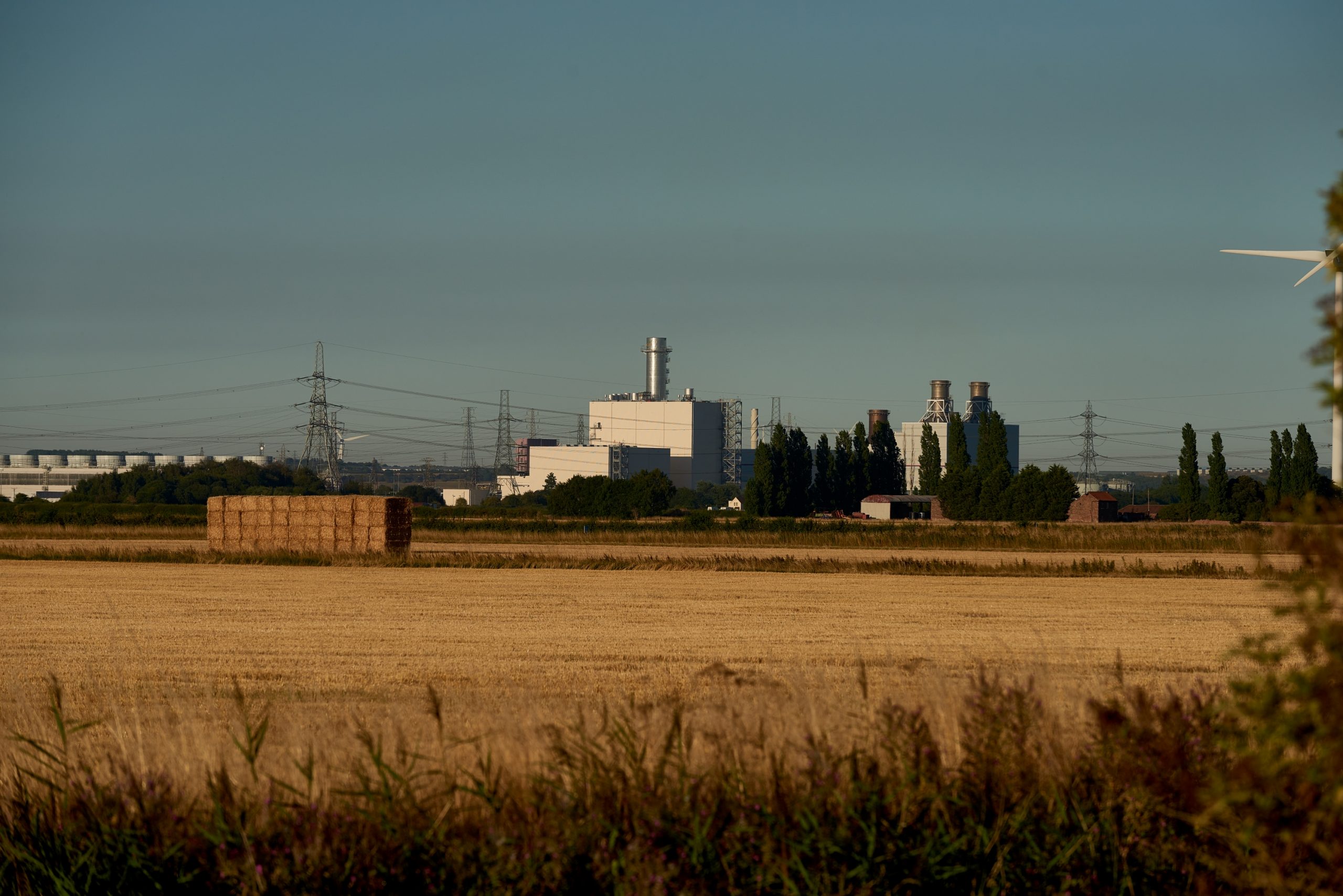There are less than one billion seconds until the net zero deadline – a reminder from Siemens Energy’s vice president for the UK, Steve Scrimshaw, at a thought-provoking CCSA Member Discussion Forum that took place recently. While Steve’s “time is ticking” message was clear, so too was SSE Thermal’s view that we must incorporate social value into the heart of our energy transition.
This gathering of industry leaders was convened at our London offices and the attendees were left in no doubt that we must ensure we deliver a just transition as we move towards net zero.
Led by the CCSA’s UK Director Olivia Powis, the panel consisted of SSE Thermal’s Hannah Bronwin and Helen Sanders; Steve Scrimshaw; Mitsuaki Kato of Mitsubishi Heavy Industries; and Francesca Bell from CCUS Kickstarters.
The conversation was wide-ranging, touching on the need for CCS projects to be delivered, the importance of the supply chain and the need to ensure that communities aren’t left behind as we decarbonise the power system. Of particular relevance were the three key priority areas identified – the 3 Ps – which are crucial to delivering a just transition and protecting our domestic supply chains. These are Purpose, People and Place.
Purpose, People and Place
It is imperative that we decarbonise our power system on the way to net zero. Renewables will lead that charge, but we also need flexible generation to provide vital backup and this must be decarbonised in its own right. That is why low-carbon technologies like CCS and hydrogen are so important.
The Climate Change Committee (CCC) published a report which demonstrates that we need at least circa 17GW of low-carbon dispatchable power to be brought online by 2035. By decarbonising the power sector, we will not only support the net zero transition but provide new opportunities for those people working within the sector currently, while creating economic benefits for the regions in which assets are located.
Beyond the power sector, CCS can decarbonise industry, delivering clean steel and cement in the UK, leveraging our depleted gas fields to create a global competitive advantage and, in return, greater economic benefit. Having a purpose is nothing without people. CCS will provide essential jobs in our industrial heartlands which would otherwise be at risk as industry relocates. SSE is at the ‘pointy end’ of the transition and we have committed to reducing our carbon intensity by 80% by 2030. As we strive to meet that goal we have closed our coal-fired power stations, opened Europe’s most efficient gas-fired power station and are developing multiple low-carbon projects. The need to transition in a fair and just way is central to everything we do, and we recognise that we need a skilled workforce that can develop, design, construct and operate low-carbon assets. In the last two years, 900 people have joined SSE from high-carbon jobs and that is something we take great pride in.
We firmly believe that our low-carbon plans can create further opportunities – our proposed Peterhead Carbon Capture Power Station, for example, would deliver 1000 jobs during construction and support 240 jobs locally through its operational phase.
SSE has set out plans to invest up to £40bn across the next decade, with a focus on low-carbon infrastructure. Significant amounts of that investment will be focused on our industrial heartlands, which have been home to power generation for decades. We believe it’s essential that these heartlands are not left behind – they have so much to offer as we continue this net zero journey.
The role of CCS in that journey continues to be recognised, with the Government outlining £20bn in funding and now identifying four clusters in which carbon capture technology will be deployed. Now, we must all work together to ensure that workers and communities aren’t left behind while outlining the size of the opportunity to the local supply chain.

SSE Thermal’s Keadby site